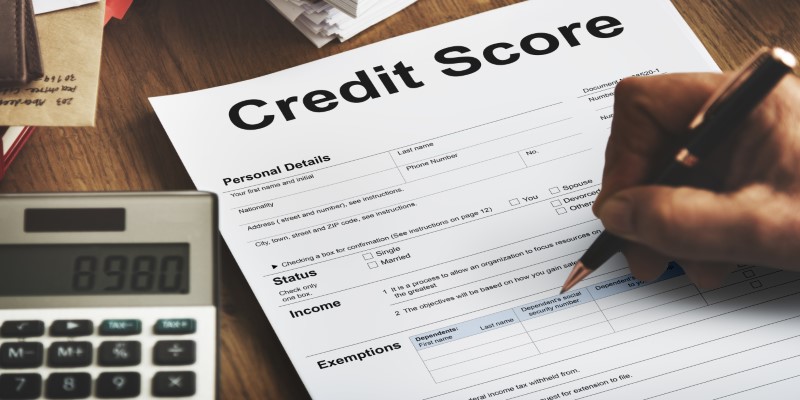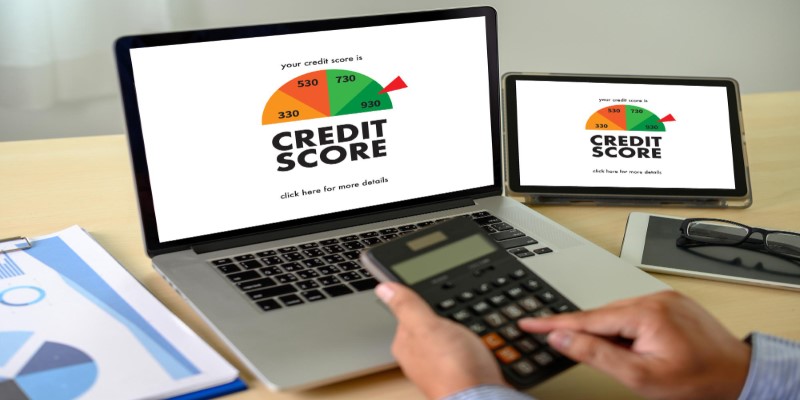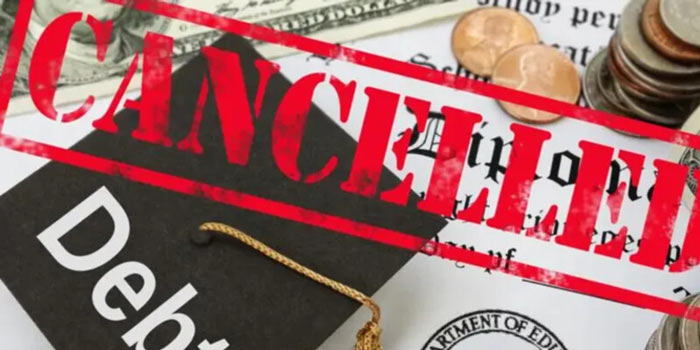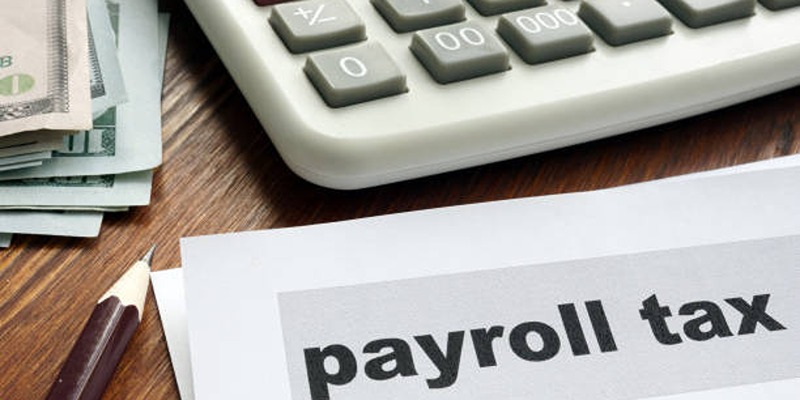Coping with Difficulty Making Your Minimum Credit Card Payment
Do you dread seeing that monthly credit card statement arrive in your inbox, knowing you might not be able to make the minimum payment? You're not alone. Many people find themselves in situations where they're unable to meet this financial obligation. Let's delve into what it means when you can't make your minimum credit card payment and explore some practical solutions.
What Is the Minimum Credit Card Payment?
First things first, what exactly is the minimum credit card payment? When you receive your credit card statement, it outlines the minimum amount you must pay to keep your account in good standing. This amount is typically calculated as a percentage of your total balance, often around 1-3%, with a minimum fixed amount.
Implications of Missing Minimum Payments
Now, let's talk about the repercussions of missing these payments. When you fail to make your minimum credit card payment by the due date, you may face several consequences:
Late Fees
Missing your minimum credit card payment often incurs late fees, which can range from a fixed amount to a percentage of the overdue balance. These fees add up quickly and contribute to your overall debt burden. Additionally, some credit card issuers may increase your interest rate if you miss a payment, further exacerbating your financial woes.
Interest Charges
In addition to late fees, failing to make your minimum payment results in accruing interest on your outstanding balance. Credit cards typically have high interest rates, meaning that even a small unpaid balance can quickly balloon into a larger debt due to compounded interest. This compounding effect means that the longer you delay payment, the more you'll end up paying in interest over time.
Negative Impact on Credit Score
One of the most important elements in calculating your credit score is your payment history. Your credit score may suffer a substantial decline of tens of points or more if you fail to make even one minimum payment. It is more difficult to get approved for future credit cards, mortgages, or loans with a lower credit score. Even if you meet the requirements, you can be offered less favorable terms, such as greater interest rates or lower credit limits.
Collection Attempts
If you consistently miss payments and your account becomes severely delinquent, your credit card issuer may resort to more aggressive debt collection efforts. This could include sending your account to a collection agency, which will then attempt to recoup the outstanding balance through phone calls, letters, or even legal action. Dealing with debt collectors can be stressful and may further damage your credit score.
Strategies to Cope with Credit Card Debt
If you find yourself struggling to make minimum credit card payments, don't despair. There are several strategies you can employ to manage your debt effectively:
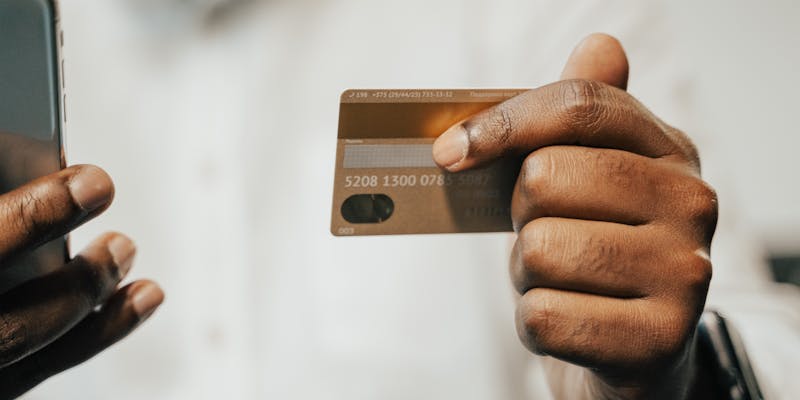
Create a Budget
Making a budget is the first step toward regaining financial control. List all of your sources of income and monthly expenses first. These should include rent or a mortgage, utilities, groceries, meals, groceries, and debt payments, among other necessities.
Next, decide which discretionary expenses, such as eating out, entertainment, or subscription services, can be cut. Use the money you save to settle your credit card debt. Use applications or tools for budgeting to keep track of your spending and stick to your spending plan.
Prioritize Payments
If you have multiple credit cards with outstanding balances, it's essential to prioritize which debts to pay off first. The debt avalanche method is one popular strategy that involves paying off the credit card with the highest interest rate first and only making the minimum payments on the other cards.
Lowering the total amount of interest you pay ultimately saves you money. The debt snowball technique, which emphasizes paying off the smallest debt first, regardless of interest rate, is another option if you want to pick up steam and drive.
Negotiate with Creditors
Never be afraid to speak candidly with your credit card issuers about your financial circumstances. Many creditors are willing to work with you to find a mutually beneficial solution. You can request a lower interest rate, which can significantly reduce the amount of interest you pay over time.
Some creditors may also be willing to waive late fees or offer a hardship program that allows you to make reduced payments for a temporary period.
Steps to Take If You're Struggling Financially
If you're facing financial hardship and unable to make your minimum credit card payment, don't ignore the issue. Take proactive steps to address your situation:
Communicate with Your Creditors
Contact your credit card companies as soon as you can and let them know what has happened. They might be able to provide choices for short-term assistance, such as a payment holiday or a lower minimum payment.

Seek Financial Assistance
Explore government assistance programs, nonprofit organizations, or financial counseling services that can provide guidance and support.
Consider Credit Counseling
A credit counselor can assist you in creating a customized debt management and money management plan.
Explore Debt Settlement or Bankruptcy
As a last resort, you may need to consider debt settlement negotiations with your creditors or filing for bankruptcy to discharge your debts.
Conclusion
Struggling to make your minimum credit card payment can be stressful, but it's essential to confront the issue head-on and explore viable solutions. You can take back control of your money and move toward a debt-free future by being aware of the consequences of missing payments, putting good debt management techniques into practice, and asking for help when you need it. Recall that there are tools available to assist you in navigating through this difficult time and that you are not alone.

